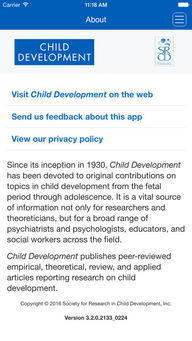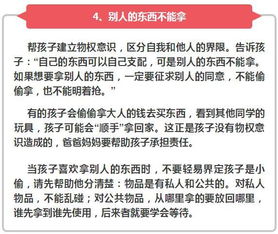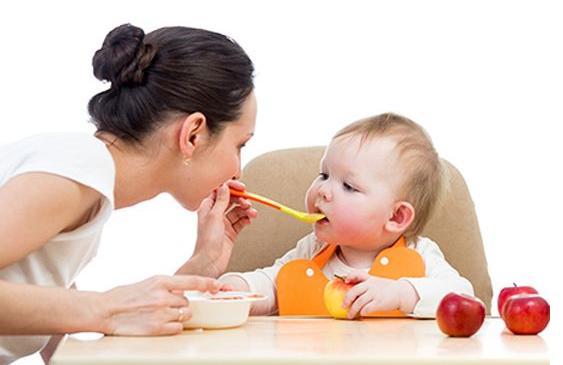Child development is a fascinating and complex process that involves the growth and maturation of a child's physical, cognitive, emotional, and social abilities. As a育儿专家, I am often asked by parents about the various stages of their child's development and how they can support their child's growth. In this article, we will explore the concept of child development, its significance, and practical tips for parents to nurture their child's progress.
The term "development" in English refers to the process of growing or becoming more mature, advanced, or elaborate. In the context of child development, it encompasses the various changes and milestones that occur as a child grows from infancy through adolescence. Understanding these stages is crucial for parents, as it allows them to anticipate their child's needs, provide appropriate support, and create an environment that fosters healthy growth.
The stages of child development can be broadly categorized into four main areas: physical, cognitive, emotional, and social development. Each of these areas is interconnected and plays a vital role in shaping the child's overall well-being and ability to function effectively in the world.
1、Physical Development:
Physical development refers to the growth of a child's body, including changes in size, strength, and coordination. This includes motor skills, such as crawling, walking, and running, as well as fine motor skills like holding a pencil or buttoning a shirt. Parents can support their child's physical development by providing a safe space for exploration, encouraging physical activities, and offering a balanced diet to ensure proper nutrition.
2、Cognitive Development:

Cognitive development involves the growth of a child's mental processes, such as thinking, learning, remembering, and problem-solving. This stage is crucial for academic success and is influenced by a child's experiences and interactions with their environment. Parents can stimulate cognitive development by engaging their child in age-appropriate activities, providing a variety of learning materials, and encouraging curiosity and questioning.
3、Emotional Development:
Emotional development is the process by which a child learns to recognize, understand, and manage their feelings. This includes the development of self-awareness, empathy, and the ability to regulate emotions. Parents can support emotional development by modeling healthy emotional expression, providing a safe space for their child to express feelings, and teaching them coping strategies for managing stress and negative emotions.
4、Social Development:
Social development involves the growth of a child's ability to interact with others, form relationships, and navigate social situations. This includes the development of communication skills, cooperation, and understanding social norms. Parents can foster social development by encouraging their child to engage with peers, teaching them about empathy and respect, and modeling positive social behaviors.
Understanding the stages of child development is not just about recognizing when a child should be able to perform certain tasks or reach specific milestones. It's also about recognizing the individual differences among children and providing the necessary support and guidance tailored to each child's unique needs and pace of development.
Parents play a crucial role in their child's development. Here are some practical tips for parents to support their child's growth:

- Be observant: Pay attention to your child's progress and look for signs of development in all areas. If you notice any delays or concerns, consult with a healthcare professional or an early childhood specialist.
- Provide a stimulating environment: Create a home environment that is rich in learning opportunities, with a variety of toys, books, and activities that cater to your child's interests and developmental needs.
- Encourage independence: Allow your child to make choices and solve problems on their own, within safe limits, to build confidence and self-reliance.
- Communicate openly: Talk to your child about their feelings, thoughts, and experiences. This helps to develop language skills and emotional intelligence.
- Be patient and consistent: Development takes time, and each child progresses at their own pace. Offer consistent support and encouragement, and be patient with your child's learning process.
In conclusion, child development is a multifaceted process that requires a deep understanding of the various stages and the role parents play in nurturing their child's growth. By being aware of the developmental milestones and providing a supportive environment, parents can help their children reach their full potential and thrive in all aspects of life. Remember, every child is unique, and the journey of development is as individual as the child themselves.











